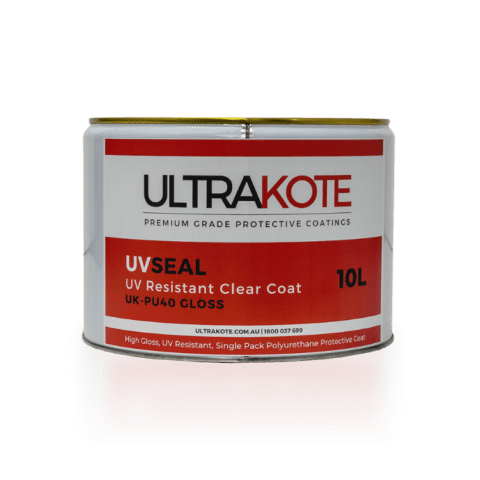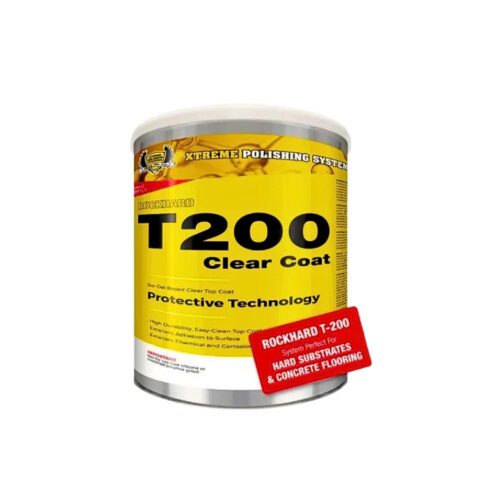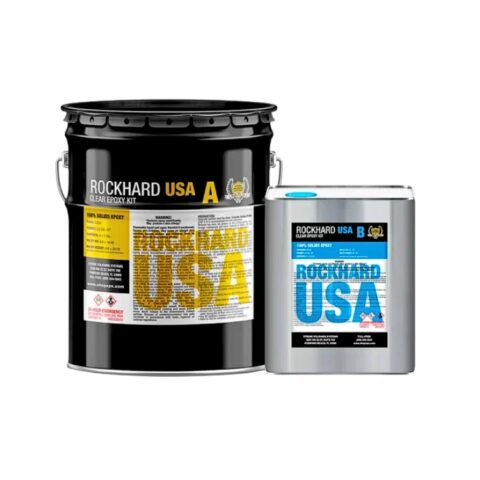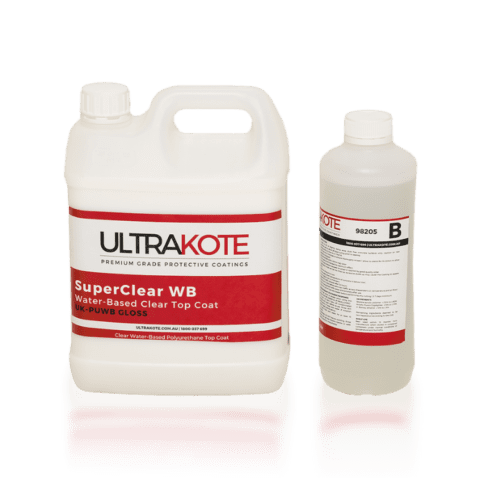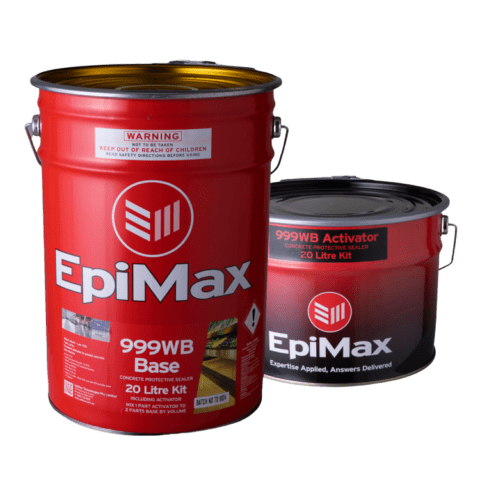Clear Finish Systems / Concrete Sealers
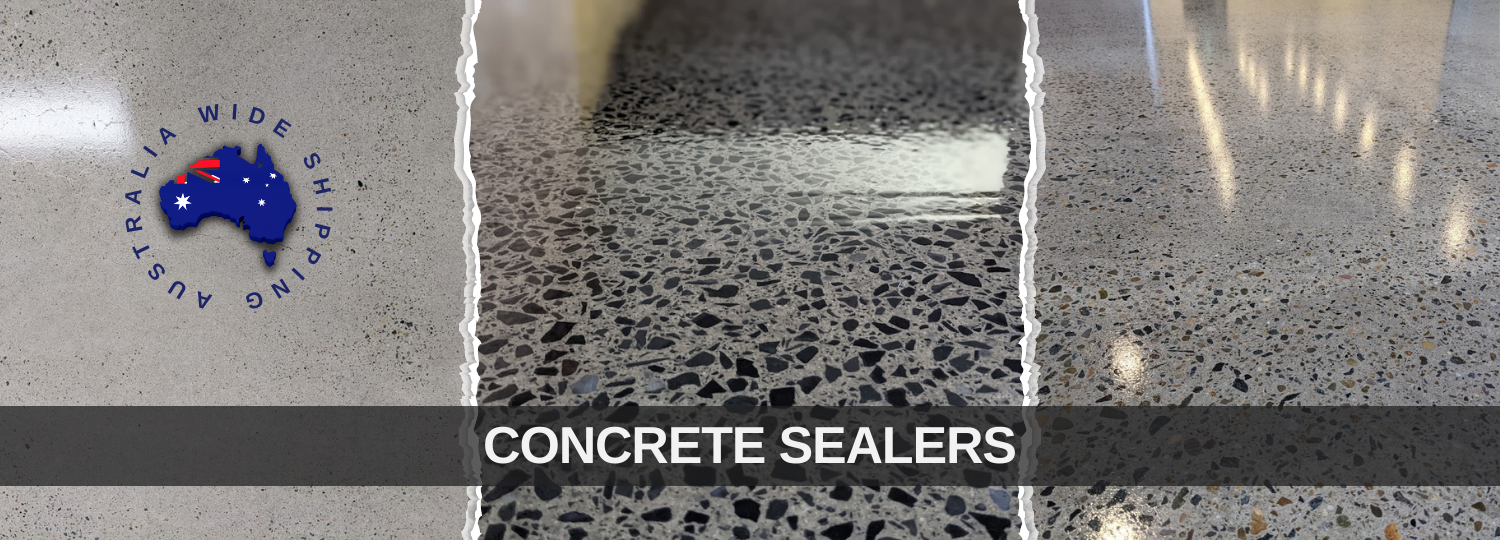
CONCRETE SEALER AND GRIND AND SEAL COATING SYSTEMS
Clear concrete sealers and polyurethane finishes are products that are used to protect and enhance the appearance of concrete surfaces. They are applied as a clear liquid and are designed to seal and protect concrete from moisture, stains, and other types of damage. There are many different types of clear concrete sealers available, including penetrating sealers, topical sealers, and others.
Penetrating sealers
These are clear sealers that penetrate into the concrete to provide a protective barrier against moisture and other types of damage. They are often used on outdoor surfaces like driveways, patios, and sidewalks, and help to prevent cracking, staining, and spalling. They are typically low-VOC and breathable, meaning that they do not form a surface film on top of the concrete, which can trap moisture.
Topical sealers:
These sealers sit on the surface of the concrete to provide a protective barrier. They can provide a glossy or matte finish, they can enhance the color of the concrete, or they can be used to add slip resistance. They are often used in indoor or high-traffic areas, such as on concrete flooring in commercial or industrial buildings.
Polyurethanes:
Polyurethanes are clear coatings that are often used as a topcoat over concrete floors, they are typically used in commercial or industrial setting to protect the concrete from heavy traffic and wear. They can be also used as sealers and can be applied as both penetrating or topical. They are known for their exceptional durability, chemical resistance and flexibility. They are also resistant to UV light and chalking, which means they maintain their clarity and durability over time.
It is important to note that, before applying a clear concrete sealer, the concrete surface should be clean, dry, and free of any contaminants such as oil, grease, or dirt, as this can affect the performance of the sealer. Additionally, depending on the type of sealer, more than one coat may be necessary for optimal protection and performance.
Our tailor made packages and products are available to suit your project needs. For further information on preparation, application and colours available, scroll down below.
Showing all 5 results
Steps to achieving a successful Clear Floor Coating Solution
- Prepare the concrete thoroughly by diamond grinding with a course grit | Diamonds Info
To achieve a successful floor coating system make sure your surface is free of dust, oil/grease, any loose particles or paint and moisture. | more info - Polish the concrete using a higher grit diamond cup wheel
Ensure the floor is level and polished consistently to avoid grinding marks or imperfections showing in the completed application. - (OPTIONAL) Repair cracks and imperfections using two-pack epoxy fillers
As this is a clear floor coating system, patching imperfections will be very noticable on the floor. It is completely up to the applicator’s preference as most prefer the natural look of the cracks and feel that the imperfections are what make the floor perfect for them.
Fill in all your cracks using a 2-pack epoxy filler, such as Sikadur 31 CFN. For larger cracks and spalls, use Sydney Industrial Coatings’ Epoxy Coving and Repair Kit. The patching mortar will need to be fully cured before it can be grinded or coated and this process usually takes a minimum of 6 – 8 hours. - Apply the first coat to the floor and allow the coating to cure
General curing time (at 20°C) is a minimum of 8 hours. This can vary further if solvent has been added to the coating. General curing time (at 20°C) is minimum 8 hours. It is always reccomended to back roll the product against the natural light to assist with achieving a more uniform finish. Wearing spike shoes to walk over the epoxy can help ensure the product is applied evenly, however you must apply safety practices and be cautious of injury. - Return within 24 hours of applying the first coat to apply the second coat
Using thinners in the final (or finish) coat is not recommended. If this step if not completed within 30 – 36 hours (depending on temperature) of applying the previous coat, the floor will need to be scratched using an 80 grit sand paper. - (OPTIONAL) Return and apply another coat as per above
If you are applying the system over porous concrete, a third coat may be required. If a third clear coating is required, repeat step 5. - Antislip media can be added to the topcoat to achieve a higher slip rating
- Your floor will be trafficable after 24 hours and heavy items such as cars, boats or trailers shouldn’t be parked on the floor for 7 days after application of the final coat
FREQUENTLY ASKED QUESTION
What does a clear finish system/concrete sealer do?
The purpose of a clear finish system is to protect the appearance of concrete surfaces to seal and protect from moisture, stains and other damage.
What are the different types of seal coating systems?
There are three types of sealers: penetrating, topical and polyurethane.
Are epoxy sealers suitable for outdoor applications?
Some epoxy sealers are formulated specifically for outdoor use, providing UV resistance and protection against the elements. Understanding the limitations and recommended applications of epoxy sealers helps users make informed decisions based on their project requirements.



